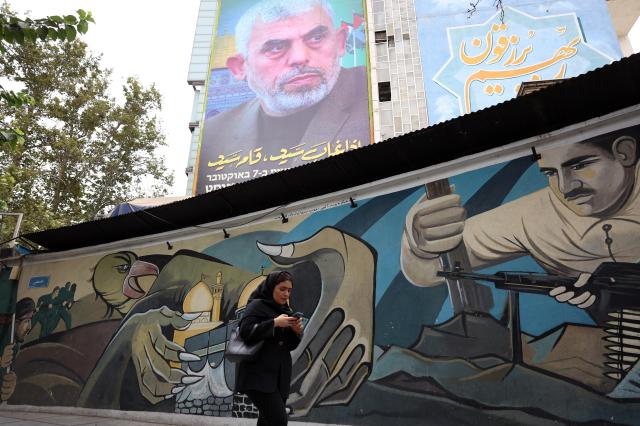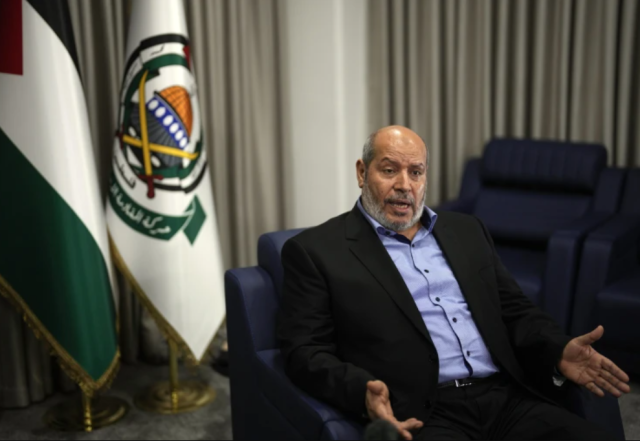As tensions rise, UK Prime Minister Keir Starmer reached out to Iranian President Masoud Pezeshkian in a rare phone call on Monday, urging Iran to "stand down its ongoing threats of a military attack." However, Pezeshkian asserted that retaliation is a "legal right" and a means to "stop crime," according to Iranian state media.
Although Israel has not confirmed involvement in Haniyeh's death, it has raised its military alert status. Meanwhile, the U.S. has warned of potential attacks by Iran or its allied groups, preparing for what it anticipates could be "a significant set of attacks" within the week.
The U.S. has also bolstered its military presence in the Middle East to support Israel. Hezbollah, an Iranian-backed group in Lebanon, has also threatened retaliation over the killing of one of its top commanders in an Israeli airstrike in Beirut.
In response to the escalating situation, U.S. Secretary of State Antony Blinken postponed a planned trip to the Middle East to stay involved in talks aimed at ending the conflict in Gaza.
On Monday, the leaders of the UK, France, and Germany issued a joint statement urging Iran and its allies to avoid actions that could further escalate tensions. They warned that these parties would be held responsible for any steps that undermine the pursuit of peace and stability. Following this, Prime Minister Starmer expressed his concerns directly to President Pezeshkian, urging for calm and stressing that war is not in anyone's interest.
On Tuesday, Iranian state news agency Irna reported that Pezeshkian criticized Western support for Israel, arguing that it has encouraged Israel’s continued actions, threatening regional peace and security. He reaffirmed that Iran views military retaliation as a legitimate response to aggression.
Iran's foreign ministry also dismissed the calls for restraint from the U.K., France, and Germany, describing them as lacking political logic and being inconsistent with international law. In response, Israeli officials have taken Iran's warnings seriously, with the Israeli military maintaining its highest level of readiness. Rear Admiral Daniel Hagari, an Israeli military spokesperson, emphasized that Israel would respond forcefully to any aggression.
U.S. National Security Council spokesperson John Kirby echoed these concerns, noting the uncertainty around the specifics of a potential Iranian or proxy attack but emphasizing the need for preparedness. To support Israel, the U.S. has dispatched additional military resources to the region, including a second aircraft carrier strike group and a guided missile submarine.
The U.S. believes that securing a new ceasefire agreement in Gaza and ensuring the release of Israeli hostages would be the most effective way to reduce tensions. Talks to achieve this are set to resume on Thursday, with Israel planning to send negotiators, and Hamas expressing willingness to participate despite the recent killing of its leader.
Hamas has stated that any new agreement should build on negotiations from a month and a half ago rather than starting fresh. Israel launched a military campaign in Gaza following a significant attack on southern Israel on Oct. 7, which resulted in around 1,200 deaths and the capture of 251 hostages.
Since then, more than 39,920 people have been killed in Gaza, according to the Hamas-run health ministry. Additionally, hundreds have died in near-daily clashes between Hezbollah and the Israeli military along the Israel-Lebanon border.
Copyright ⓒ Aju Press All rights reserved.




